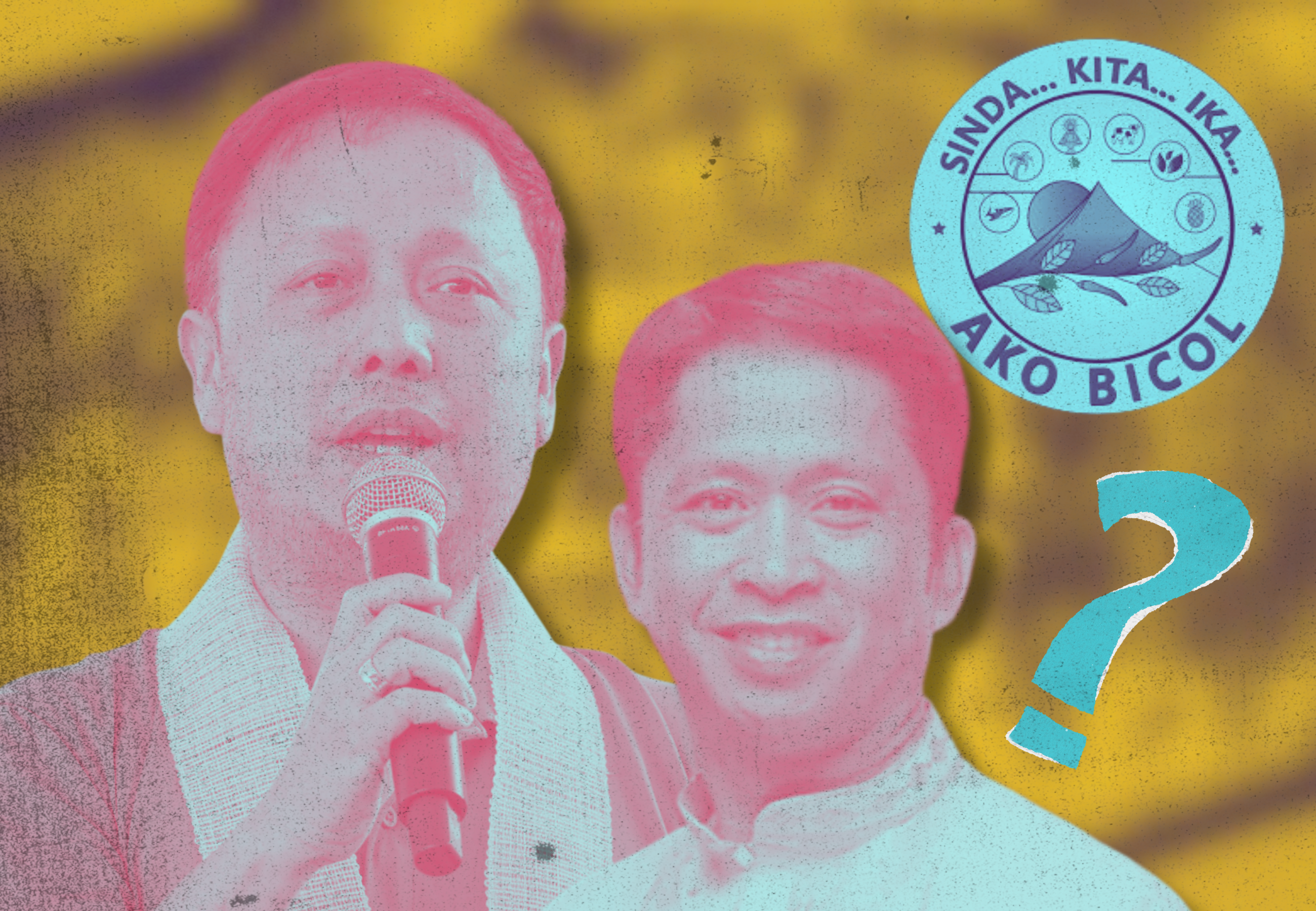Inquirer.net: Ako Bicol’s misrepresentation in Congress

CHEERS TO Inquirer.net’s Kurt Dela Peña for focusing on the case of Ako Bicol Party-list as an example of the failure of the Party-list Systems Law. Dela Peña described how persons of means and influence have occupied congressional seats intended for the representation of basic sectors: farmers, fisherfolk, urban poor, and other groups whose needs and concerns may have been sidelined by traditional politics.
Zaldy Co resigned from Congress as representative of Ako Bicol Party list September 29. Media reports said that Cebu Representative Vincent Duke Frasco called for an investigation on Ako Bicol Partylist on September 30, pointing out that the group has served as the “vehicle” for Zaldy Co to promote his business companies. Media had reported Co’s use of budget insertions for flood control projects that his companies would operate.
Ako Bicol’s misrepresentation
The account published on October 7 provided the background of Ako Bicol as a non-government organization established to help victims of typhoon Reming in 2006 and victims of Mayon Volcano’s eruption in 2009.
However, Dela Peña’s account showed up Bicol Ako! as a sham, a group that took advantage of the loopholes in the Party-List Law so they could gain seats in the House. It also pointed to the political character of Bicol Ako! which had formed a political alliance with then President Gloria Macapagal Arroyo – earning the group several disqualification cases.
The report highlighted that Co’s companies were among the fifteen contractors identified by President Marcos Jr. as having owned at least 20 percent of flood mitigation projects since 2022. Zaldy Co has held a congressional seat under Ako Bicol since 2019.
With Zaldy Co’s case as an example, Dela Peña referred to expert sources in the academe to discuss the problematic issues involved in the law (Party List System Act} and its implementation:
University of the Philippines (UP) Diliman Political Science Professor Jean Franco emphasized that party-lists representatives must come from underrepresented sectors in order to offset the elite-based congressional parties ruling Philippine politics.
UP Diliman Professor Maria Ela Atienza, described how traditional politicians rule Congress, leading a “corrupted” system.
Dela Peña’s report highlighted the data from 2025 midterm elections party-list data of Kontra Daya and Philippine Center for Investigative Journalism. With the use of graphics, the article swiftly summarized the percentage of genuine marginalized representation among elected party-lists in May 2025: Only 6 out of every 10 party lists truly represented any basic sector, while 4 out of 10 were groups from political dynasties, big businesses, police/military, or with corruption cases.
The system has added to the number of representatives in the House. But the numbers did not lead to the transformation of House, which retained the dominance of the traditional elite.
The need to amend the Party-list Law is obvious. The situation calls the media to do the hard work of exposing the parties who have taken advantage of the legal framework to expand their power and influence. Journalists should do so with an eye on elections in 2028.
Leave a Reply